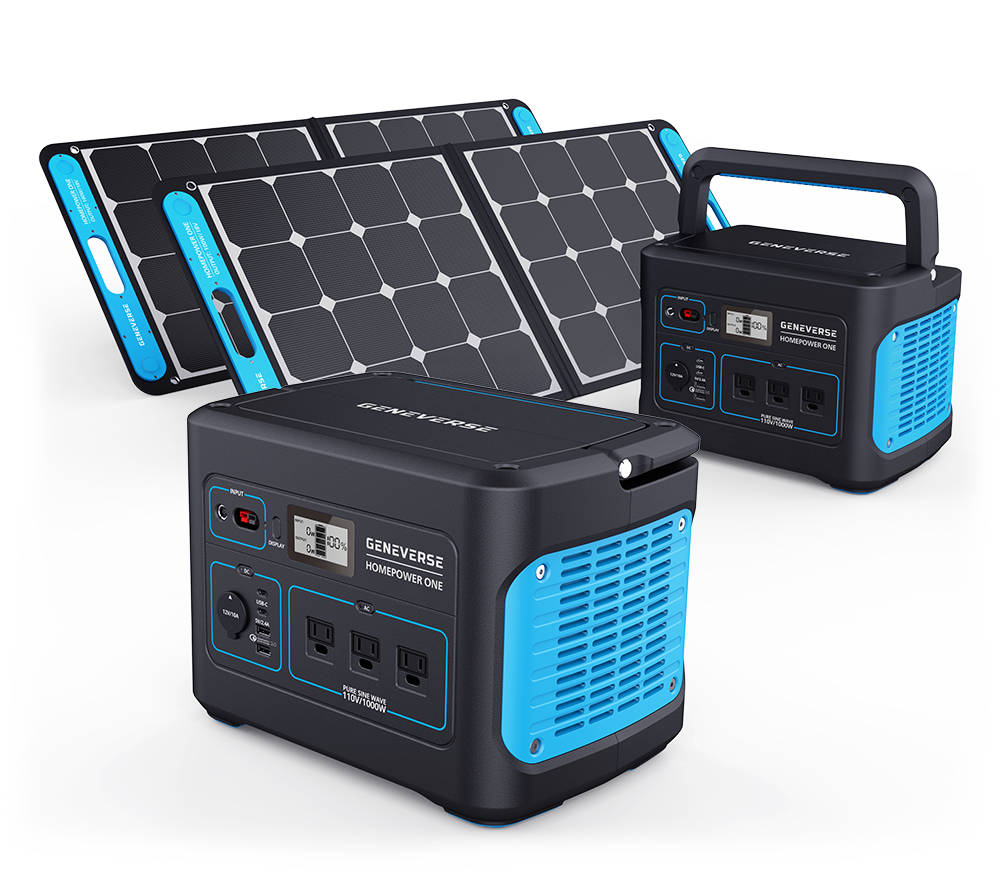An earthquake is a sudden, rapid shaking of the ground caused by the shifting of rocks deep underneath the earth’s surface. The National Earthquake Information Center locates about 12,000-14,000 earthquakes each year, with magnitude 2 and smaller earthquakes occurring several hundred times a day world wide. Major earthquakes, greater than magnitude 7, happen more than once per month.
Even though these statistics are for the entire world and not just the United States, it is still important to take them seriously. Earthquakes often happen when we least expect them, like during the night or when we are going about our usual daily routine. Additionally, it is a common misconception that earthquakes only affect the West coast of the US; everyone in the country should be preparing for the possibility of an earthquake, and we have some tips to help you start.

1. Identify Safe Spots in your Home
Assess the structural soundness of your home and consider making improvements sooner rather than later. Dangers may come from loose bricks in a fireplace or chimney or poor connection beams and joists. The CDC recommends paying particular attention to garages, basements, porches, and patio covers. The safest area of your home would be away from glass, hanging objects, heavy cabinets, and other large furniture. A room without ceiling light fixtures like chandeliers and exposed shelving is also safest.
2. Secure Any Home Hazards
Take a look around your home and identify items that could become hazard in the event an earthquake shakes your house. Secure heavy items like bookcases, refrigerators, and televisions so they cannot fall over and land on someone. Secure or remove heavy objects that hang on the wall, to prevent them from falling and shattering. Similarly, place heavy or breakable items onto lower shelves and secure cabinets so the doors cannot fly open. While heavy items can be a danger of trapping someone beneath them, smaller items can shatter and cause injuries of their own to those walking past during or after the earthquake.

3. Make a Plan and Practice It
If you have never experienced an earthquake, it can be particularly jarring when one suddenly starts. If you are prepared for how to respond, you can significantly reduce your fear. It is important that you are prepared for an earthquake to strike any location you frequent, whether it be at home, work, or even in the car.
If driving, pull over and set your emergency parking brake. If in bed, lay on your stomach with a pillow covering your head and neck. When outdoors stay away from buildings and tall, unstable structures. When indoors, stay there and do not try to evacuate. Drop to the floor and cover your head and neck with your arms. If you can safely get to a table or desk, crawl under it and hold on to a leg. If you cannot safely move under something, stay near interior walls away from windows. Contrary to popular belief, do not stand in doorways.
4. Gather Emergency Supplies
It is best to always have a basic emergency supply kit fully stocked year round. Stock your kit with plenty of water, non-perishable foods that don’t require a long cooking process, and utensils. Be sure to have first-aid supplies, like bandages and anti-bacterial creams, in an easy-to-find location to prevent any panic in case you find yourself needing a patch-up. Keep flashlights on batteries on hand in the event of a power outage. Store your kit in an easily accessed location that is least likely to be affected by the earthquake.

5. Prepare to Lose Power
It is very possible the earthquake could knock out your power, leaving you in the dark for multiple hours or days. In 2017 alone, 36.7 million Americans were affected by 3526 power outages. In the event of heavy debris or rubble, it could take even longer for crews to even begin working to restore power. With a backup battery generator or solar panel power generator, you could charge your communication devices and power home appliances easily. Geneverse (formerly Generark)’s HomePower ONE and SolarPower ONE have high-power outputs and wide-range compatibility, allowing you to choose what devices are necessary for your family’s comfort, whether it be lights, the refrigerator, security system, or a cell phone charger.

Summary
Oftentimes there is very little time to take action when you are facing an earthquake. Planning ahead of time and assessing your risk now is the best way to ensure your safety if the time ever comes when you are experiencing one for yourself. Assess what room in your home would be the safest to be in and eliminate hazardous objects wherever possible. Create an emergency supply kit and consider purchasing a backup generator for after the fact, in case of damage to your home or a power outage.
About Geneverse: Geneverse (formerly Generark) is the most reliablesolar generator and source of emergency backup power for your home and community. From theHomePower backup battery power station providing portable access to electricity, to theSolarPowersolar panels as a source for recharging, never be disconnected from what matters most to you. Learn more about how Geneverse and its industry-leading 5-year limited warranty can bring protection and security to your family ongeneverse.com. Never face a power outage alone, and power your home with a solar generator from Geneverse.




Leave a comment (all fields required)